1. Coca-Cola’s “Health Benefits” in the 1900s
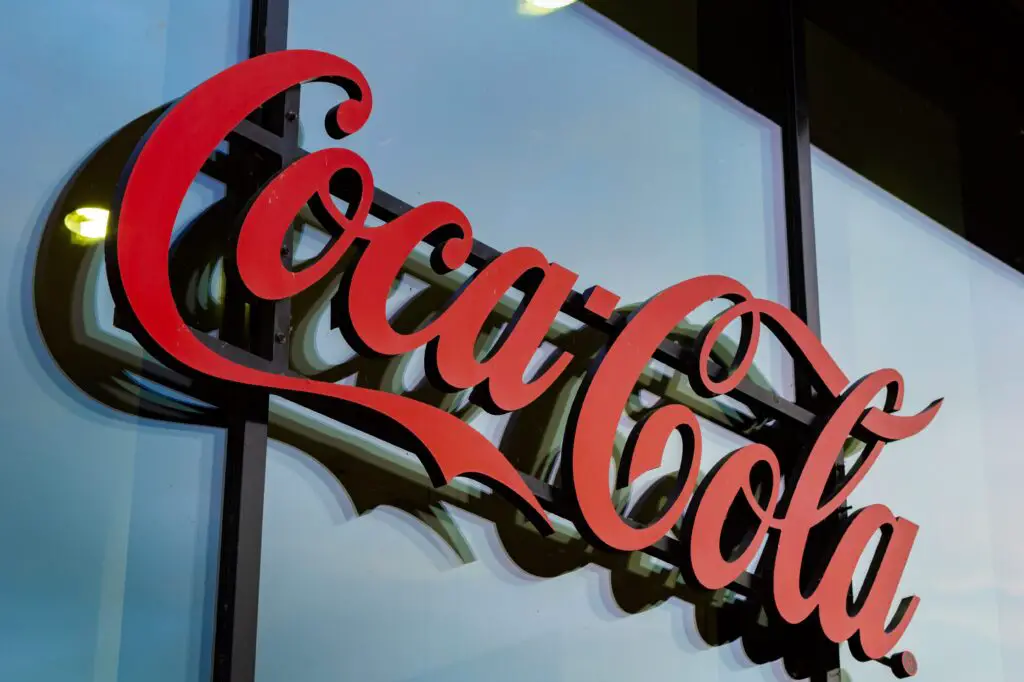
In the early 1900s, Coca-Cola was marketed as a medicinal drink. It was promoted as a cure for a wide range of ailments, from headaches to fatigue, thanks to its mix of carbonated water, caffeine, and sugar. The ad campaigns claimed that it was an “all-purpose tonic” that could energize and refresh the body. Back then, the product was even sold in pharmacies, and some versions even contained a trace amount of cocaine, adding to the myth that it had some sort of therapeutic value.
Of course, we now know that these health claims were completely unfounded. While the drink might provide a quick caffeine buzz, it certainly wasn’t a remedy for anything more serious. Over the years, Coca-Cola moved away from these wild health claims, but for a time, it was marketed as something beneficial to your well-being. The shift in marketing came as medical understanding evolved and the public became more skeptical of such dubious advertisements.
2. The “Miracle” of Listerine Mouthwash
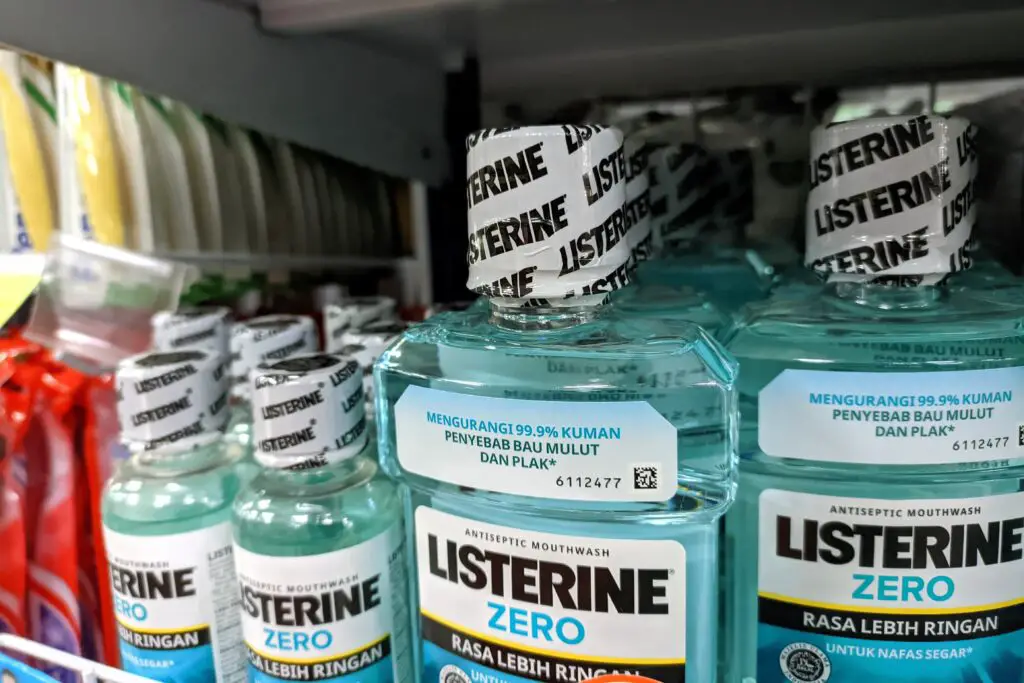
In the 1920s, Listerine mouthwash was promoted as a solution for all kinds of problems—ranging from bad breath to colds and even dandruff. The company went so far as to claim that it could cure sore throats, fight off the common cold, and even prevent tooth loss. Listerine’s ads famously described it as a “surgical antiseptic” and touted it as a remedy for a variety of medical issues, despite a lack of scientific evidence.
It wasn’t until later that it became clear that Listerine was little more than an alcohol-based mouthwash with a strong minty scent. While it may help with freshening breath or cleaning the mouth, it certainly wasn’t the miracle cure it was once sold as. The brand’s exaggerated health benefits eventually faded, but the product still maintains a prominent place in the market, albeit with more realistic claims now.
3. The “Diet” Coke Craze
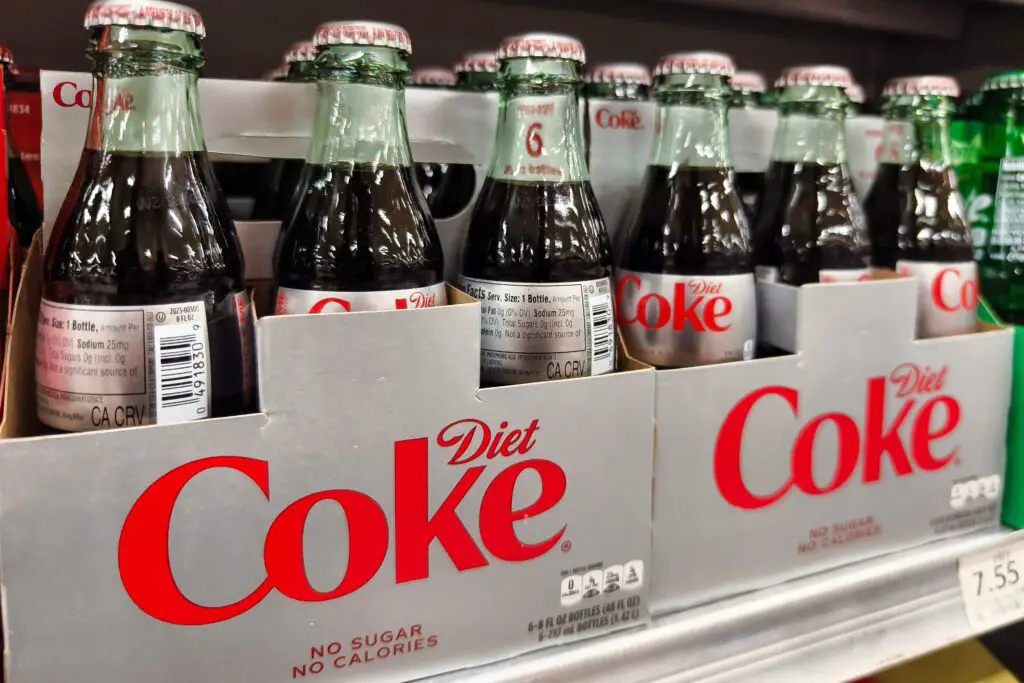
When Diet Coke was introduced in the 1980s, it was marketed as the healthy alternative to regular soda. Ads touted it as a weight-loss tool and suggested that it was the perfect drink for anyone trying to stay in shape. The low-calorie sweetener aspartame was also presented as a miracle ingredient that wouldn’t just cut calories but also help users manage their weight.
However, over the years, scientists and nutritionists have raised concerns about artificial sweeteners and their potential health risks. While Diet Coke is certainly lower in calories than regular Coke, the notion that it’s a magic bullet for weight loss turned out to be far from the truth. Instead, it’s now known that relying on artificially sweetened drinks may not be a great solution for long-term health or weight management.
4. “Fattening” Butter vs. “Healthy” Margarine

For decades, margarine was marketed as a healthier alternative to butter. Advertisements claimed that margarine was a heart-healthy option, boasting lower cholesterol levels because it was made from vegetable oils rather than animal fats. It was touted as the go-to spread for anyone looking to live a healthier lifestyle, with companies promising it would reduce the risk of heart disease.
In reality, many types of margarine contained trans fats, which are actually harmful to heart health. While margarine may have initially seemed like a better choice, it wasn’t until more recent years that the public began to realize that both margarine and butter had their own drawbacks. In fact, many of the claims made about margarine’s health benefits were either exaggerated or entirely incorrect.
5. Kellogg’s “Frosted Flakes: The Healthy Choice”
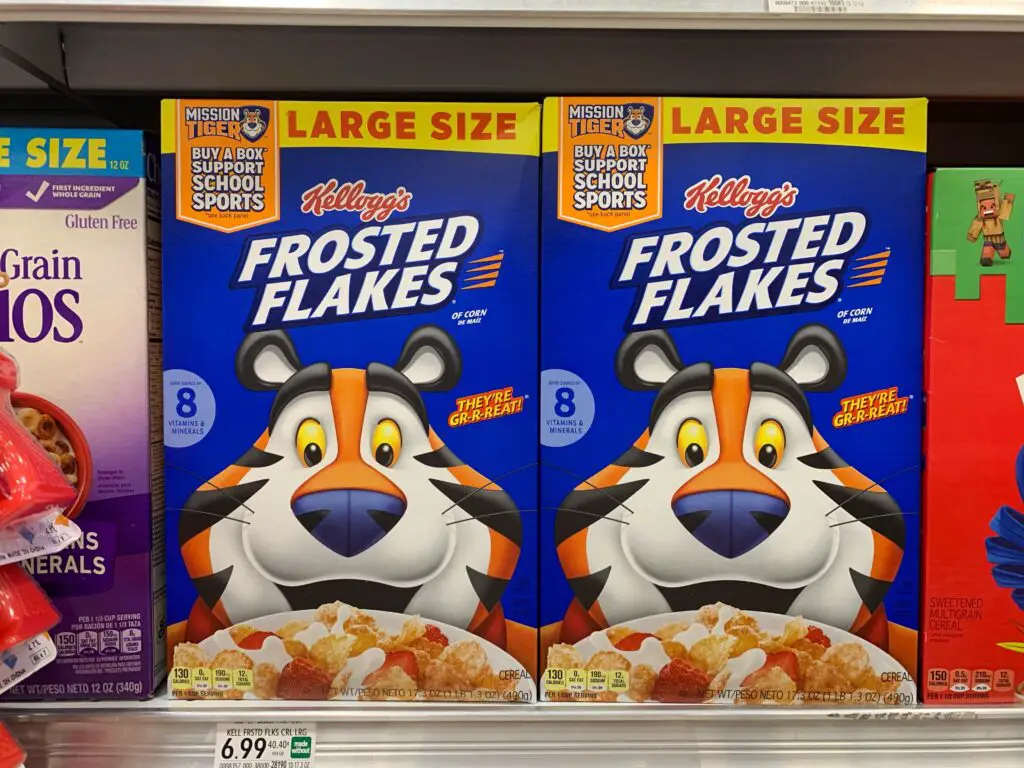
In the mid-20th century, Kellogg’s Frosted Flakes were marketed as a nutritious and energizing breakfast for kids. The cereal’s advertisements featured the beloved Tony the Tiger, who confidently declared that “they’re grrreat!” for providing essential vitamins and energy. The brand’s pitch was simple: kids could start their day with a bowl of Frosted Flakes and be ready for anything, from school to sports.
While Frosted Flakes may have some added vitamins, it’s no secret that the cereal is packed with sugar, and the health claims were largely based on minimal nutritional value. Over time, the brand began to shift its messaging, focusing more on fun than on promoting it as a health food. Unfortunately, the legacy of these exaggerated claims still sticks with many, with the cereal often considered a sugar-laden option rather than a wholesome breakfast choice.
6. The “Slimming” Magic of Hydroxycut
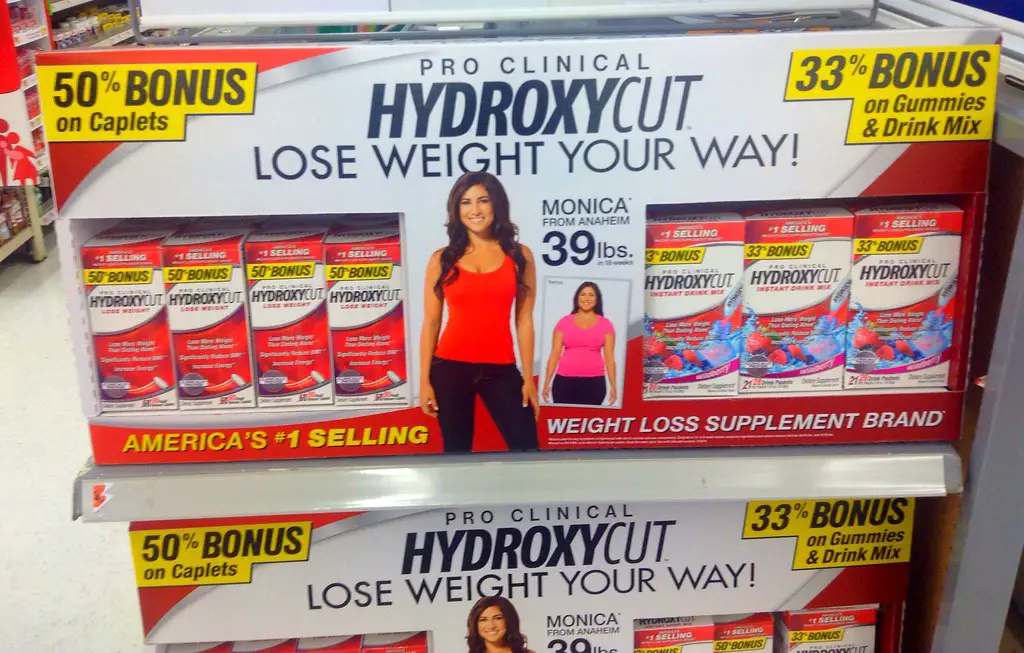
Hydroxycut, a popular weight-loss supplement, was marketed as a “fat-burning” miracle for years. The product was often advertised with bold promises, claiming it would help individuals lose weight quickly without any major lifestyle changes. In the early 2000s, its commercials showed people shedding pounds effortlessly, and the product was positioned as a must-have for anyone serious about losing weight.
However, after multiple lawsuits and health warnings from the FDA, it became clear that Hydroxycut wasn’t the quick-fix solution it was made out to be. The supplement was found to be linked to several health risks, including liver damage, leading to the company recalling its original formula. Despite the health concerns and legal battles, the product continues to be sold, though with revised claims and a more cautious approach to marketing.
